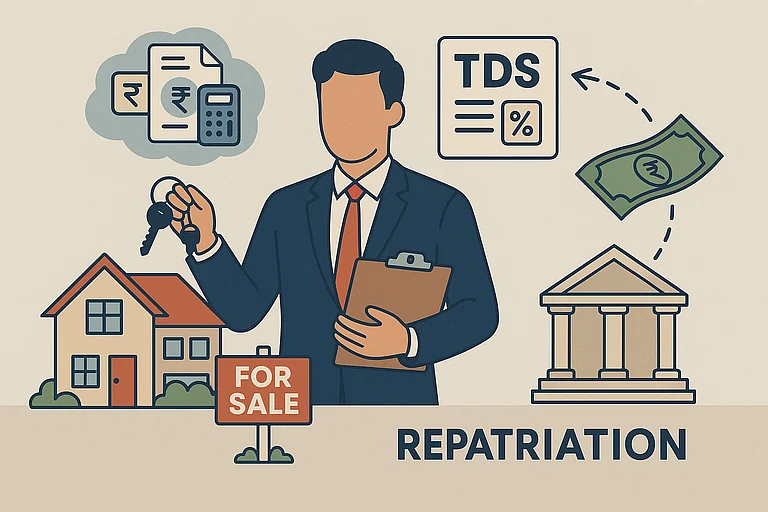
Summary of this article
The Madras High Court issued a significant judgment stating that hostels are to be seen as residential premises.
This development brings clarification to the residential v/s commercial confusion.
Justice Krishnan Ramasamy, noted that the determining factor in the classification.
The Madras High Court, on November 7, 2025, issued a significant judgment stating that hostels accommodating working men and women must be treated as residential premises. For most legal and regulatory purposes, accommodations like PGs and hostels used to be considered part of commercial establishments. This development brings clarification to the residential v/s commercial confusion. As per the Madras HC, any such property offering accommodation to working men and women must be considered as a residential site, saving them from the taxes, licensing, and zoning laws.
This case rose from multiple petitions by several hostel owners in Chennai and Coimbatore. These hostel owners were challenged by local authorities who wanted them to be classified as "commercial" and demanded higher taxes on property, water tax, and electricity charges. The petitioners argued that the hostels primarily serve working-class tenants. The facilities remain shared among them, which functions just like apartments rather than business offices or purely commercial ventures.
What Is The Court's Take
Presiding on the bench, Justice Krishnan Ramasamy, noted that the determining factor in the classification must be the end-use of the property. 'How it is being used' is the defining factor rather than the nature of the service provider, or even the lease arrangements. He states, "While levying tax, respondents are supposed to look at it from the perspective of the recipient of services."
The court dusted off the practical realities; working people who can not afford to buy independent houses, reside in such kinds of accommodations, but with no services provided. The characterisation aligns closely with that of a residential apartment. Demanding commercial tariffs from these accommodations would amount to discrimination against lower-income tenants.
The court has quashed the notices the petitioners received and claimed these properties as residential units. This judgement classified that the scenario here clearly mentions that the premises are for residential purposes. An order of verification by authorities is required to ensure compliance is maintained.
The court emphasised that invoking commercial categorisation solely because rooms are leased out separately does not make it impermissible for the tenants to use them for their dwelling.
What It Means For Stakeholders
Where stakeholders are concerned, the implications are noteworthy; hostel owners catering to the working class or the student population in Tamil Nadu now have judicial backing to claim residential tariffs. As for the local authorities, this judgment is a clear signal to align their classification criteria with the usage of the premises rather than what seems convenient administratively.
This ruling by the Madras High Court has clarified that hostels that are used and occupied by the working classes do qualify as residential properties for tax and utility purposes.











